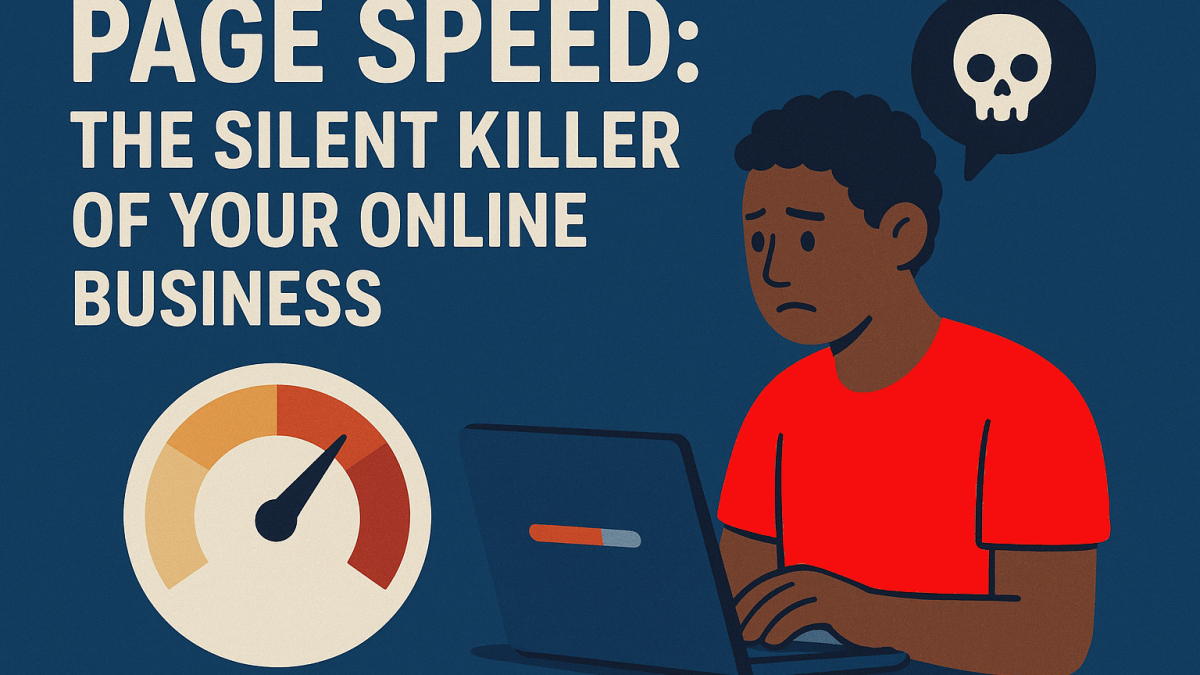
Page Speed: The Silent Killer of Your Online Business
Slow pages silently kill engagement, rankings, and revenue. Modern users expect near-instant loading — and search engines reward fast experiences. Below are key areas to check plus straightforward fixes that produce measurable improvements.
Why speed matters
Every extra second of load time increases bounce rates and reduces conversions. Speed also affects search rankings through Core Web Vitals — metrics that measure real user experience.
Quick diagnostics you can run today
- Run a field test: Use a free tool to check First Contentful Paint (FCP) and Largest Contentful Paint (LCP).
- Identify slow pages: Look in your analytics for pages with high exit rates and test their load times.
DIY fixes that help immediately
1. Compress and serve images responsively. Resize to display size, use efficient formats, and add srcset.
2. Enable browser caching. Configure short-term caching for frequently changing files and longer caching for static assets.
3. Minify CSS and JS. Use build tools or a plugin to remove unnecessary characters and combine files where useful.
Where DIY falls short
Those fixes are helpful, but true performance tuning often requires:
- Analyzing server response times and application bottlenecks
- Setting up a CDN and cache policies properly
- Deferring non-critical JavaScript and optimizing render paths
These steps can produce much larger gains but usually need an experienced developer who can test and roll them out safely.
Action plan (30–60 minutes)
- Run a page speed report for your homepage and two highest-traffic pages.
- Compress hero images and enable basic caching.
- Re-test and measure LCP and FID improvements.
If you want predictable speed gains without breaking features, a performance audit will prioritize fixes that deliver the best ROI and implement them in a controlled way.
